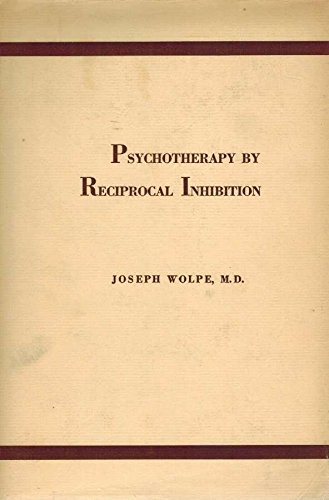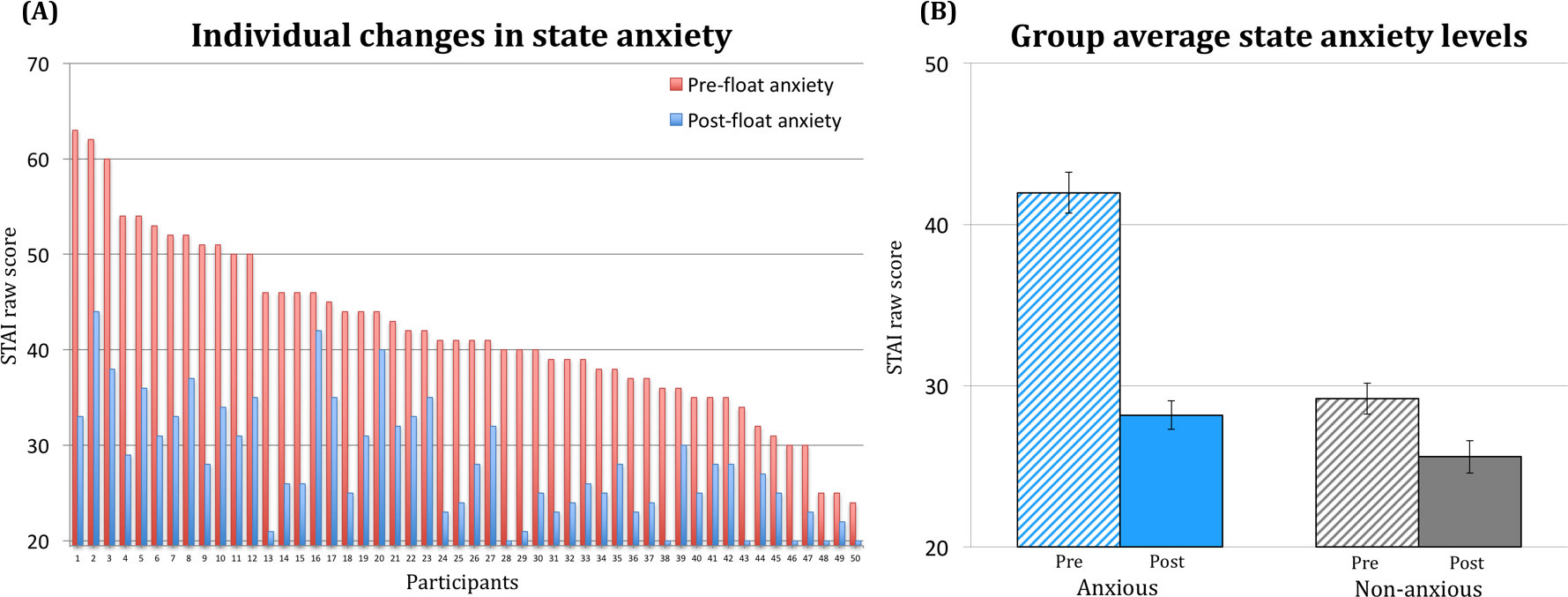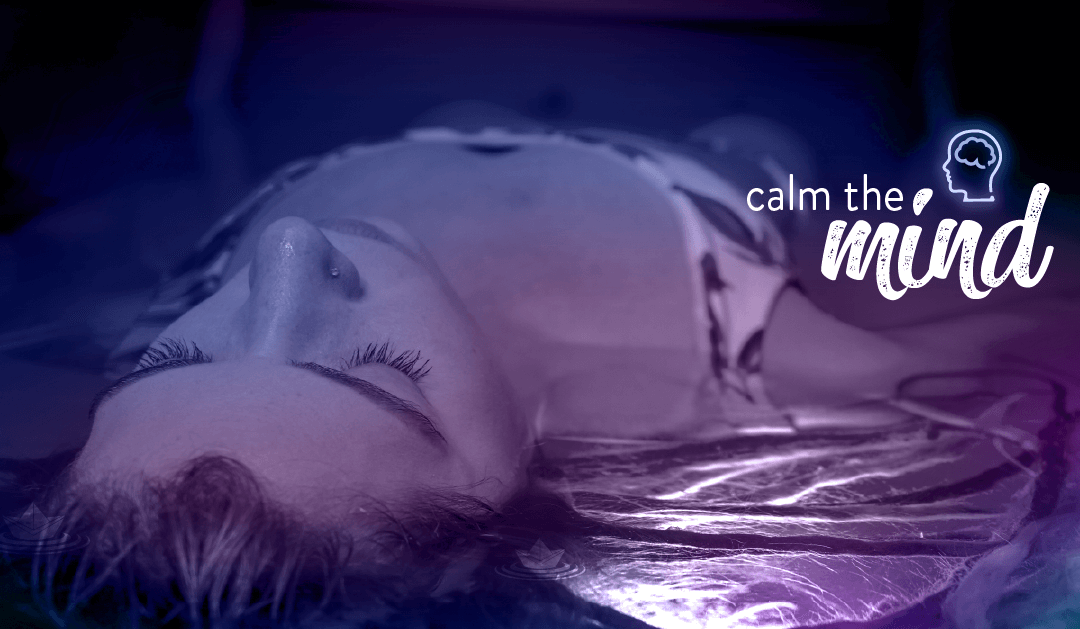The keyword in this statement is PROACTIVE. Let us share with you some of the insights and science coming from the best minds in the float industry at this year’s Float Conference showing how floating can be an integral part of your self-care routine to proactively combat stress, anxiety and a myriad of other related ailments.
Although research on the benefits of Floatation Therapy are not new, over the past few years the “Float Lab” at the Laureate Institute for Brain Research in Tulsa, OK has been using modern technology to measure and studying the effects Floatation Therapy (REST) has on the body and mind. The lead researcher, Dr. Justin Feinstein, comes from a background specializing in anxiety disorders and has spearheaded the first studies coming out on the topic of how floating can help people with anxiety. His research shows not only the positive effects on people with anxiety disorders but also the benefits floating can have on what is referred to as “healthy normals”. See the most recent published study here.
What started this journey for Dr.Feinstein was a theory he read, published in 1958 by Joseph Wolpe: Psychotherapy by Reciprocal Inhibition This spoke to him as an obvious jumping off point to organize a series of studies around Floatation REST.

The basic concept of the theory is that you physiologically cannot be relaxed and anxious at the same time. So anything that induces a relaxed state, by definition, must be anxiety reducing. (Watch Dr. Justin Feinstein – Floating with Anxiety/PTSD/Depression – Float Conference 2017 explain)
This theory lead Wolpe to create many successful psychological interventions and techniques that are still used to this day. Floatation tanks were not available to Wolpe and so, Dr. Feinstein wanted to see if he could test floating against this theory and has dedicated his career to doing so. To do this, he first broke the theory into 4 chunks and created a hypothesis for each piece. The idea being that if he could prove each of these hypothesis to be true, then he could prove floating to be a beneficial intervention for people suffering with anxiety disorders.
This February, his lab published their first study demonstrating the effects a single float session had on 50 anxious participants. The results were very clear and dramatic. All 50 participants saw a statistically significant decrease in their levels of anxiety shown both on a physiological and psychological level. What was even more encouraging is that the more anxious a person was, the more positive the benefit they received from the float.

Now, to bring this back to Wolpe’s theory on reciprocal inhibition and the 4 Hypothesis that Dr. Feinstein derived from it. His research has now shown us that his first 3 hypotheses have proven to be true when it comes to floating.
Let’s unpack each of them and how they relate to Wolpe’s theory.
No. 1
Wolpe’s Theory
“If a response antagonistic to anxiety can be made to occur”
Dr. Feinstein’s Hypothesis
Floating will reflexively shift the nervous system into a physiologically quiescent state, one that is antagonistic to anxiety.
- Reduced muscle tension
- Lowered blood pressure
- Improved heart rate variability
- Decreased exposure to all external triggers of anxiety
Proof
Floating induces a relaxed state, the opposite of an anxiety inducing activity. Check out the data in his study showing how a single float session effects these various measures in the lab.
No. 2
Wolpe’s Theory
“in the presence of anxiety-evoking stimuli”
Dr. Feinstein’s Hypothesis
Floating will enhance cardiorespiratory sensations, the very sensations that have been associated over the course of life with the experience of anxiety.
Proof
When you’re anxious very specific things happen physiologically including the increase in your breathing and heart rate, which you then associate with anxiety itself over time. Due to the lack of external stimulation in a float tank, the sound of your heartbeat and breathing become even more apparent, yet you still feel relaxed, helping you to disassociate these sensations with the anxiety itself over time.
No. 3
Wolpe’s Theory
“so that it is accompanied by a complete or partial suppression of the anxiety response”
Dr. Feinstein’s Hypothesis
Through a process of reciprocal inhibition, floating will suppress anxiety responses leading to an acute reduction in the experience of anxiety.
Proof
The results of the study on the short-term effects of floating on anxiety are clear. From the data collected it reduced the experience of anxiety in all 50 participants.
No. 4
Wolpe’s Theory
“the bond between these stimuli and the anxiety responses will be weakened”
Dr. Feinstein’s Hypothesis
Over time, and with repeated exposure floating will lead to sustained reduction in anxiety sensitivity.
Proof
TBD. We don’t know what the outcome of this will be, but from what regular floaters report, we are hopeful it will prove what we believe to be true which is that a regular float practice can have long lasting positive change.
This is a huge win for the float world and reinforces all the positive anecdotal evidence we have received for years from our guests. Now the next step is to show that the same positive effects of floating hold true over a longer arc of time. This year Dr. Feinstein introduced this 4th hypothesis related to the last piece of Wolpe’s theory and a new study to test the hypothesis. Dr. Feinstein’s lab has also been awarded a grant from the National Institute of Health to continue this work as well as other labs are jumping on board with researching floating as well.
So knowing what we now know, floating may not only be good for the individual but good for companies and their employees as well. Now is the time to put our phone down, go for a walk, spend time with loved ones, go for a float and be proactive with our health and wellness, because as we say, “If a response antagonistic to anxiety can be made… then just do that!”.
For a listing of recent vetted science publications on floating visit: https://www.clinicalfloatation.com/publications

Brad Dauk
Co-owner of FLOAT.Calm and full time float warrior
Brad enjoys floating, technology, wellness, blockchain, business and bunnies

